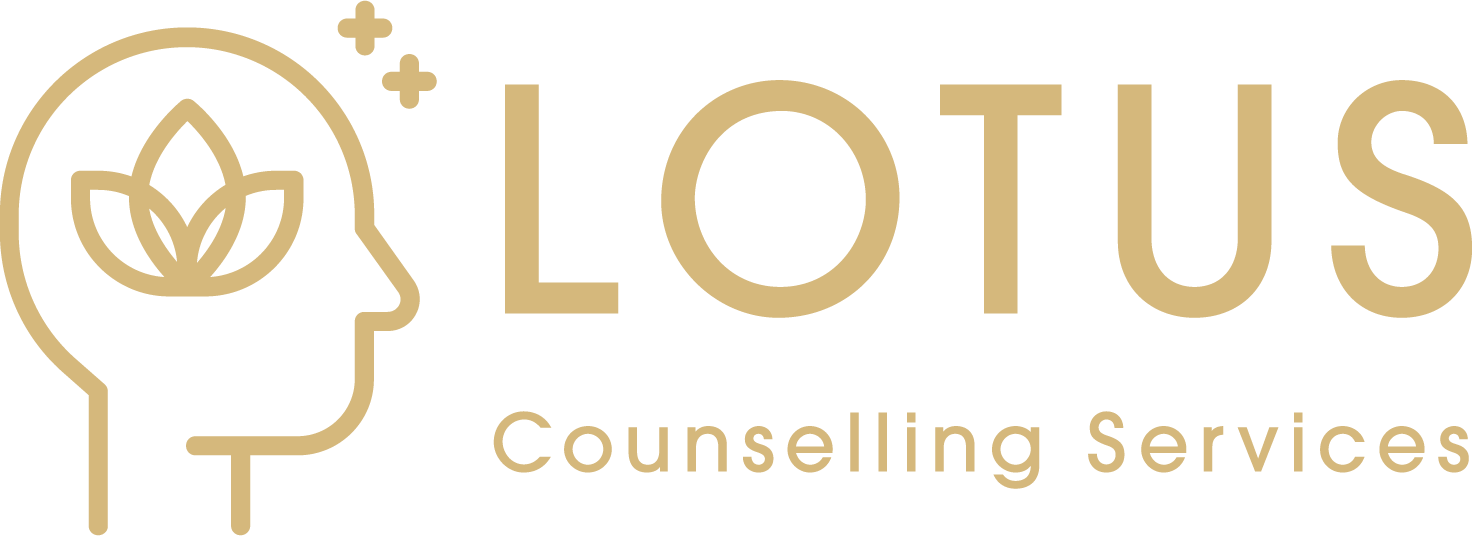The risks of internet self-diagnosing
In today’s digital world, access to medical information is just a click away. Online self-assessments and symptom checkers have become increasingly popular tools for individuals seeking quick answers about their health. However, while these resources may seem convenient, relying on them for diagnosis can pose significant risks.
One of the primary dangers of using online self-assessments is the lack of accuracy and reliability. These assessments often follow a generic algorithm and may not account for individual differences in health status, medical history, or lifestyle factors. As a result, online tests might generate misleading results, causing unnecessary anxiety or false reassurance. Furthermore, reliance on these tests can delay or deter individuals from seeking timely medical advice, resulting in untreated conditions or exacerbation of health problems. Lastly, the internet is rife with misinformation, and self-diagnosing through online tests may expose individuals to inaccurate information, fostering misguided beliefs about their health.
Being correctly diagnosed by a qualified medical professional lays the foundation for effective treatment, empowerment, and the opportunity for individuals to reclaim control over their mental well-being. However, this process is multifaceted, requiring diligence, expertise, and open communication between patients and healthcare providers.
A proper diagnosis starts with recognizing the signs and symptoms that may indicate a mental health disorder. These can vary widely depending on the condition, ranging from persistent feelings of sadness and hopelessness in depression to the hyperactivity and impulsivity characteristic of attention-deficit/hyperactivity disorder (ADHD). However, it's essential to note that many mental health disorders share overlapping symptoms, making accurate diagnosis a nuanced task that requires careful evaluation.
Seeking professional help is the crucial first step toward obtaining an accurate diagnosis. While self-assessment tools and online resources can provide insights, they should never substitute for a thorough evaluation by a qualified healthcare provider. Psychiatrists, psychologists, and other mental health professionals are trained to conduct comprehensive assessments, taking into account various factors such as medical history, family history, environmental influences, and behavioral observations.
Clinical evaluations, diagnostic tools such as psychological assessments, standardized questionnaires, and diagnostic criteria outlined in the Diagnostic and Statistical Manual of Mental Disorders (DSM-5) may be utilized to aid in the diagnostic process. These tools provide structure and consistency in diagnosing mental health disorders, helping clinicians make informed decisions based on evidence and best practices.
Once a diagnosis is made, the journey toward recovery and management can begin. Treatment plans may encompass a combination of psychotherapy, medication, lifestyle modifications, and support services tailored to the individual's unique needs and preferences. Ongoing monitoring and follow-up appointments with healthcare providers are essential to assess progress, address challenges, and make any necessary adjustments to the treatment plan.
It's crucial to recognize that mental health disorders are complex and multifaceted conditions that require personalized and holistic approaches to care. While receiving a diagnosis may be a significant milestone, it is just the beginning of a journey toward healing and well-being. With proper support, understanding, and access to quality healthcare, individuals can learn to manage their conditions, regain a sense of control, and live fulfilling lives.
Being properly diagnosed with a mental health disorder by a qualified healthcare provider is a crucial step in the journey toward recovery and wellness. It requires collaboration, compassion, and expertise to navigate the complexities of mental health with sensitivity and understanding.
Our team of dedicated therapists and health care professionals at Lotus Counselling can empower individuals to seek help, obtain accurate diagnoses, and embark on paths toward healing and resilience.
Give us a call today to start your healing journey.

